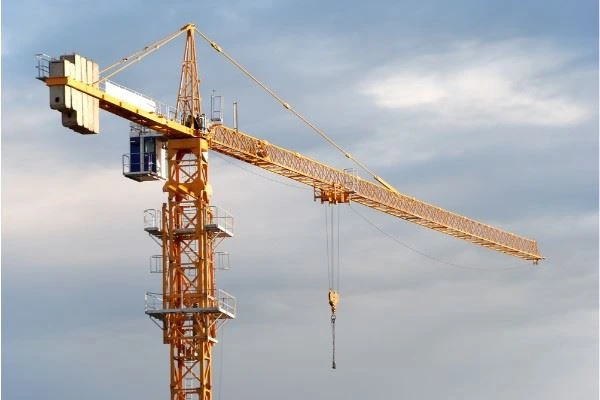Giant Cranes Used In The Maritime Industry Pose Serious Dangers to Workers.

Louisiana’s waterways are a major part of our culture and our economy. In fact, Louisiana leads the United States in maritime employment.
While a lucrative and important industry here in the South, working in, around, or on, fishing vessels and riverboats is dangerous work. Maritime workers are frequently subject to bad weather, malfunctioning equipment, and human error caused by a lack of training or fatigue. Onboard and onshore accidents in this industry are not uncommon.
In fact, ports and sea terminals are among the world’s most dangerous workplaces. One necessary piece of equipment poses a significant danger to maritime workers on land and at sea.
What is it?
The crane.
Crane Accidents
Cranes are a necessary and important piece of equipment for both onshore and offshore activities. But they are also inherently dangerous. Many maritime workers run the risk of severe to catastrophic injury or even death due to working on or near craned. According to the Occupational Safety and Health Administration (OSHA), 1 in 1,000 maritime crane operators will suffer fatal injuries.
In port, all kinds of cargo vessels are loaded or unloaded using cranes and other heavy lifting equipment. This means that workers, ships, heavy equipment, and bulky cargo containers are constantly interacting as boats are loaded and unloaded.
At sea, the giant cranes used in offshore oil and gas operations are a significant source of accidents. Records show that lifting-related accidents are the second-largest cause of offshore fatalities — outnumbered only by fires and explosions.
Cranes are inherently dangerous because they have to hoist large and heavy objects and place them in a specific place. Typically, cranes handle objects that weigh hundreds and even thousands of pounds apiece.
In longshore work, this entails loading or unloading cargo ships of various types, including container ships. On drilling rigs, cranes are constantly swinging heavy equipment overhead and the dangers can include operator error, overloaded cranes, and lifting in poor weather conditions.
Crane accident “near misses” are common. The difference between a “near miss” and a fatality can be a matter of being one foot to the left or the right.
For the entire maritime industry, crane safety is a critical issue.
Maritime Attorneys. If you or someone you love has been injured in a maritime accident, call us. We are maritime attorneys in Baton Rouge, and we serve Baker, Denham, Gonzales, Port Allen, Prairieville, New Orleans, and Zachary. We offer free consultations. Call 225-200-0000 ToDay to schedule your free consultation or contact us here.
Contact Us
Day Law Group Office Location
Contact Us
Choose Day Law Group
Fields marked with an * are required
"*" indicates required fields



